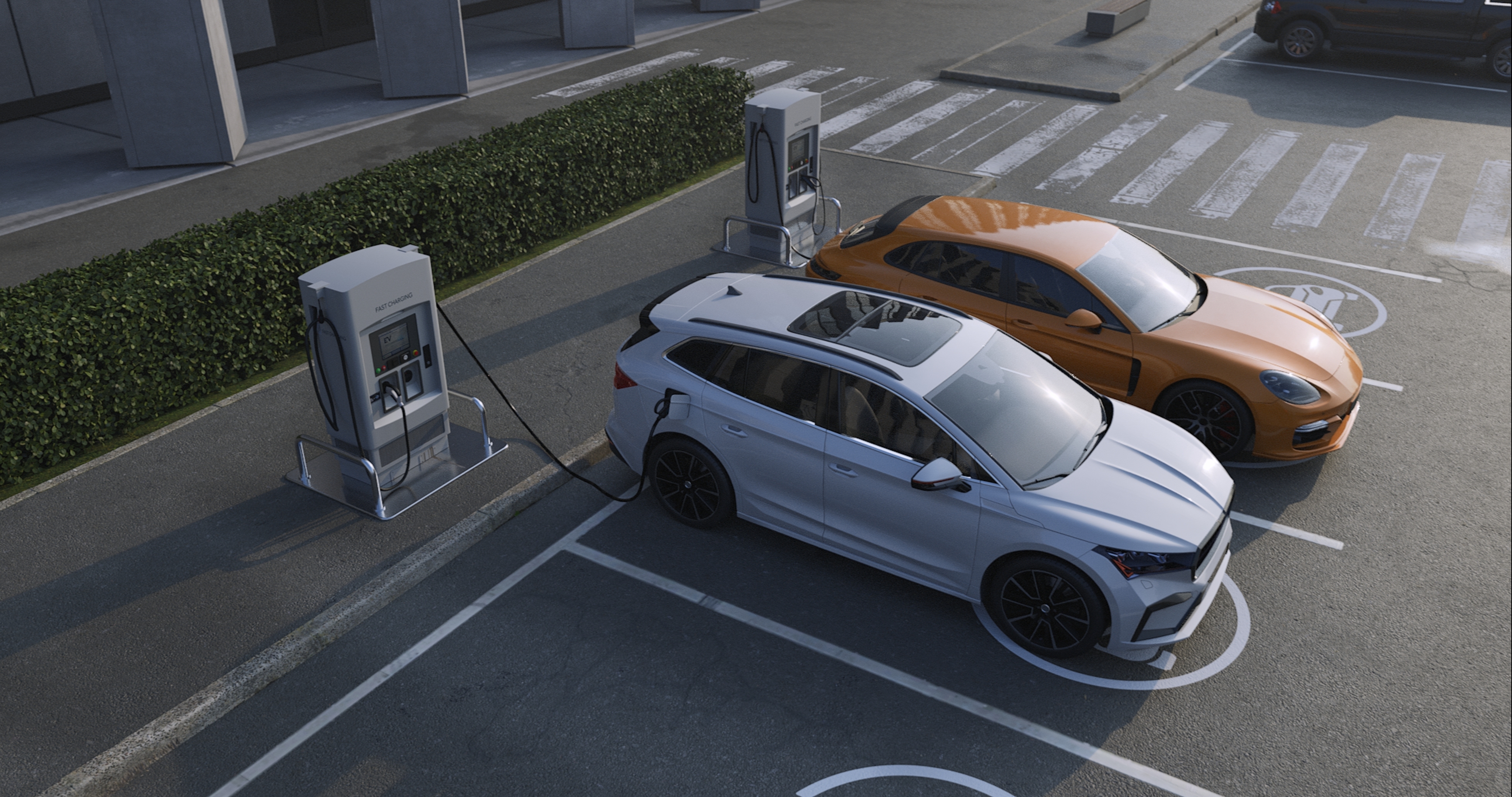Everything You Need To Know About Electric Cars In Australia For 2025: Options and Prices
The Australian electric vehicle market continues to evolve rapidly, with increasing options and improving infrastructure across the country. As we approach 2025, more manufacturers are introducing electric models to meet growing consumer demand and government sustainability targets. Understanding the current landscape of electric vehicles helps potential buyers make informed decisions about transitioning to electric mobility.

What Electric Car Options Are Available in Australia?
The Australian market offers various electric vehicle categories, from compact city cars to luxury SUVs. Major manufacturers like Tesla, Hyundai, Kia, and BYD have established their presence with multiple models. Entry-level options include the BYD Atto 3 and MG ZS EV, while premium segments feature vehicles like the BMW i4 and Mercedes EQS. Mid-range choices include the Hyundai Ioniq 5 and Kia EV6, providing diverse options for different budgets and needs.
How Much Do Electric Cars Cost in Australia?
Electric vehicles span a wide price range in the Australian market. Entry-level models typically start around $40,000, while premium vehicles can exceed $100,000. Here’s a breakdown of current market offerings:
| Model | Category | Price Range (AUD) |
|---|---|---|
| BYD Atto 3 | Compact SUV | $44,381 - $47,381 |
| Tesla Model 3 | Mid-size Sedan | $61,900 - $88,900 |
| Hyundai Ioniq 5 | Mid-size SUV | $72,000 - $85,000 |
| BMW i4 | Premium Sedan | $99,900 - $124,900 |
| Mercedes EQS | Luxury Sedan | $215,600+ |
Prices, rates, or cost estimates mentioned in this article are based on the latest available information but may change over time. Independent research is advised before making financial decisions.
What Infrastructure Exists for Electric Cars in Australia?
Australia’s charging infrastructure continues to expand, with networks like ChargeFox, Evie, and Tesla providing coverage across major cities and highways. Public charging stations are increasingly available at shopping centers, parking facilities, and along major routes. Home charging remains the primary charging method, with most EV owners installing wall boxes for convenient overnight charging.
What Are the Running Costs of Electric Cars?
Electric vehicles typically offer lower running costs compared to conventional vehicles. Charging costs vary depending on electricity rates and charging location. Home charging usually costs between $0.20 to $0.30 per kilowatt-hour, while public charging stations may charge $0.40 to $0.60 per kilowatt-hour. Maintenance costs are generally lower due to fewer moving parts and simpler mechanical systems.
What Government Incentives Are Available?
Various state governments offer incentives for electric vehicle purchases. These include registration discounts, stamp duty exemptions, and rebates. The specifics vary by state:
-
NSW offers up to $3,000 rebates for eligible vehicles
-
Victoria provides up to $3,000 subsidies for certain models
-
Queensland offers reduced registration fees
-
ACT provides stamp duty exemptions and free registration
While electric vehicles represent a higher initial investment, the combination of lower running costs and government incentives can make them financially viable for many Australian consumers. The market continues to evolve with new models, improved technology, and expanding infrastructure supporting the transition to electric mobility.




